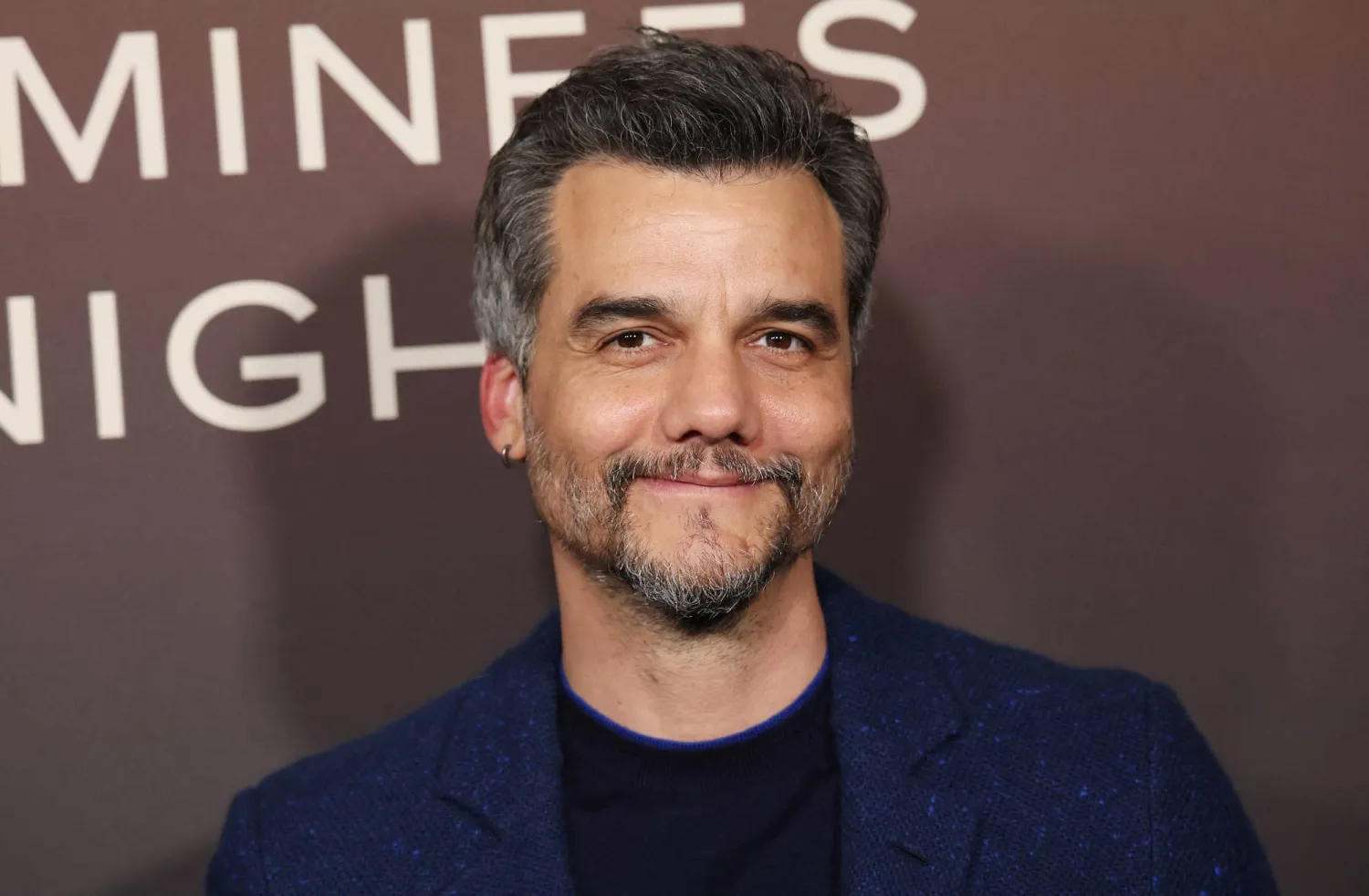The latest “Minions” movie subtly reinforces a message for Chinese audiences that viewers in other countries won’t see: Crime doesn’t pay.
A postscript added to the version in Chinese cinemas says a villainous character, who ends the movie as a free man, is later jailed for 20 years.
Foreign films have long been targeted in China for references to subjects sensitive to the ruling Communist Party, such as Taiwan, the Dalai Lama and human rights. In recent years, China's film board appears to have expanded its purview to ensure that films deliver the right message, and not one deemed harmful.
That can be a challenge in a movie in which the central character is a villain. “Minions: The Rise of Gru” is a prequel that tells the story of the early years of Gru, the bumbling criminal plotter of the “Despicable Me” animated series.
The solution: Add individual postscripts about the characters, a series of them, interspersed with the credits at the end.
One says that Wild Knuckles, an older, mentor-like villain to the young Gru, was later bundled off to prison for 20 years because he tried to commit another crime. Before the credits, he simply drives off into a suburban horizon.
The postscript for Gru says he gives up evil, joins the good guys and, in his biggest accomplishment, is the father of three daughters.
The actual story, told in the original “Despicable Me” in 2010, is a bit more complicated. Gru adopts three orphan girls for his plot to steal the moon. But the adorable orphans, who see in him a dad, melt his icy heart.
Chinese movie bloggers pointed out the added postscripts in social media posts, drawing varying reactions. Some people said the additions were an overreaction to what is an animated comedy. Others said they demonstrated correct values, especially for kids.
“I think the ending with positive energy doesn’t have to exist at all,” said one cinema goer, Jenny Jian. “It’s totally unnecessary.”
Positive energy is a catch phrase that emerged in China about a decade ago and has been promoted by the Communist Party to push for uplifting messages from the media and the arts, according to the China Media Project, which monitors media trends.
The China Film Administration, which oversees the film board, did not respond to faxed questions. The distributors, China Film Co, and Huaxia Film Distribution Co., did not respond to emails.
China doesn't have a film rating system that assesses a movie's suitability for different audiences. Instead, authorities ask producers to delete or alter what they consider inappropriate before movies are approved for release.
“Minions: The Rise of Gru,” which has taken in 114 million yuan ($17 million) at the box since opening in China on Aug. 19, is hardly the first time Chinese authorities have altered a movie's end.
In “Peppermint,” a 2018 movie about a vigilante, the main character is handcuffed to a hospital bed. A sympathetic detective slips her a key and, in the final scene, the bed is empty with the handcuffs swinging open on its railing.
The truncated Chinese version ends with her still in bed, before she gets the key.









